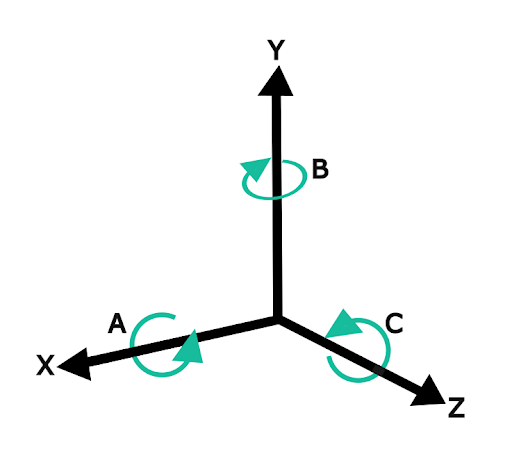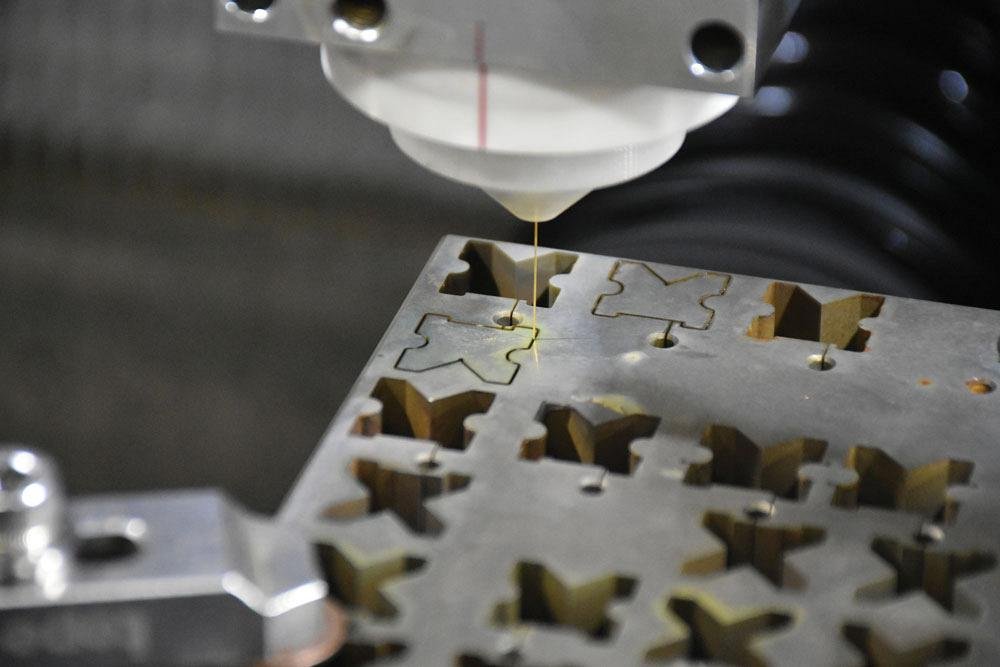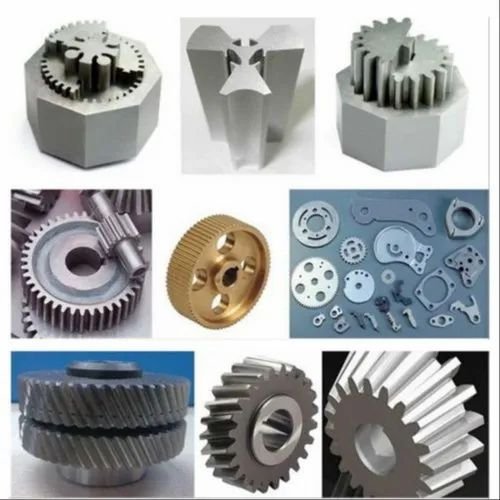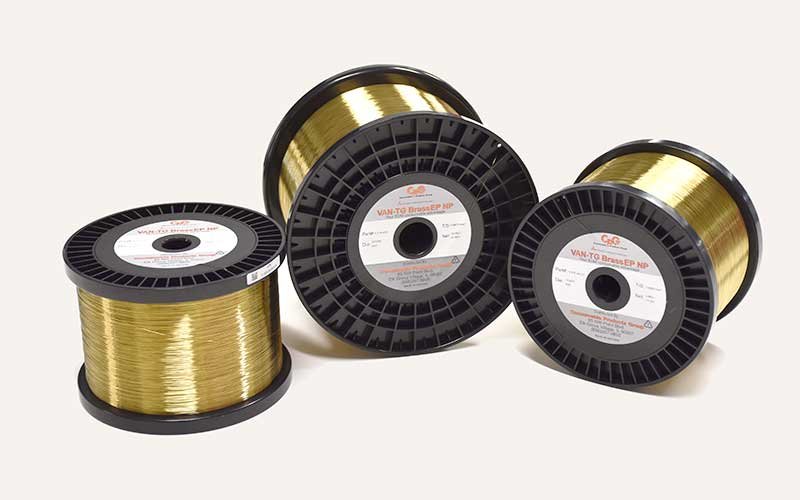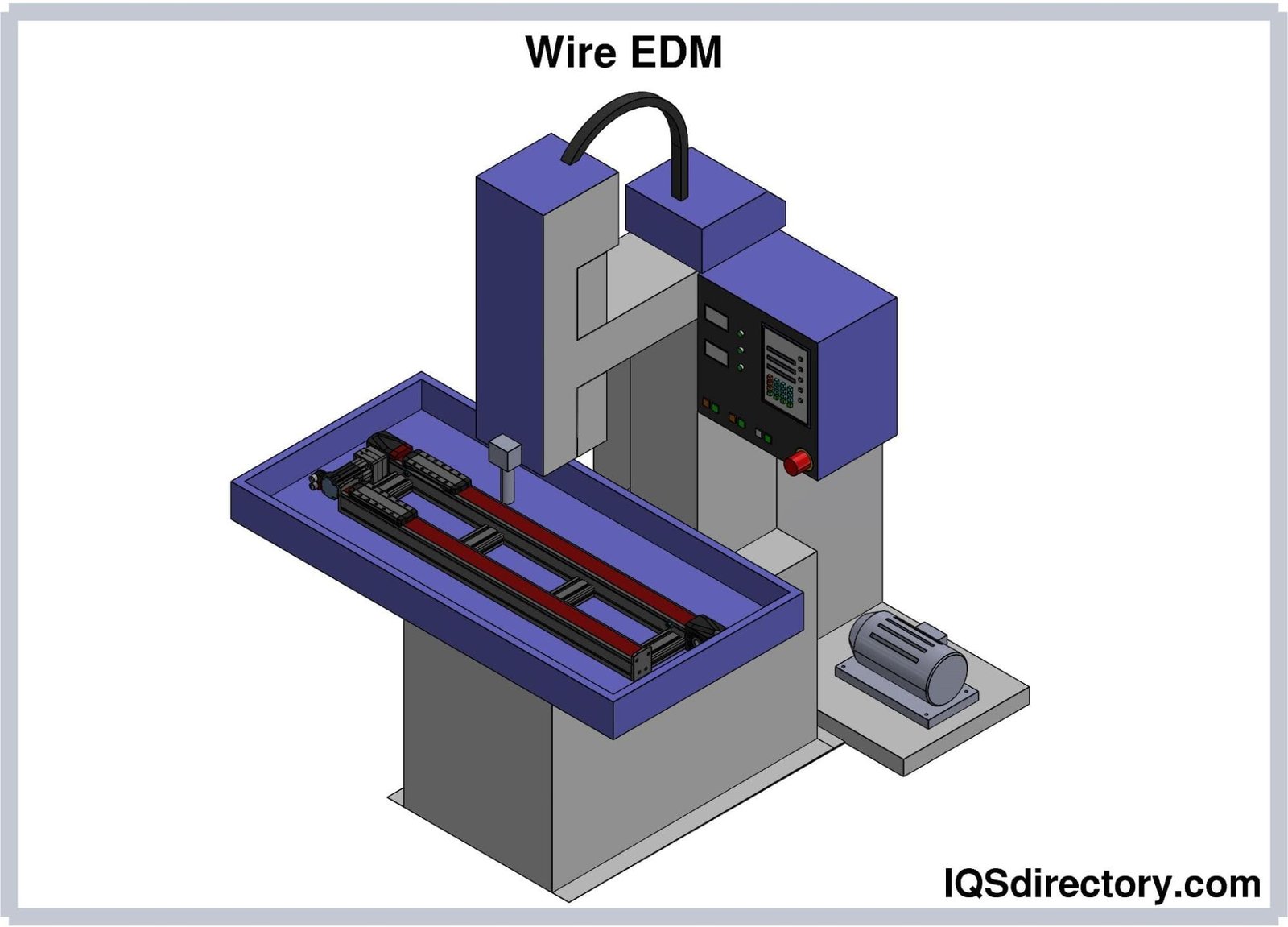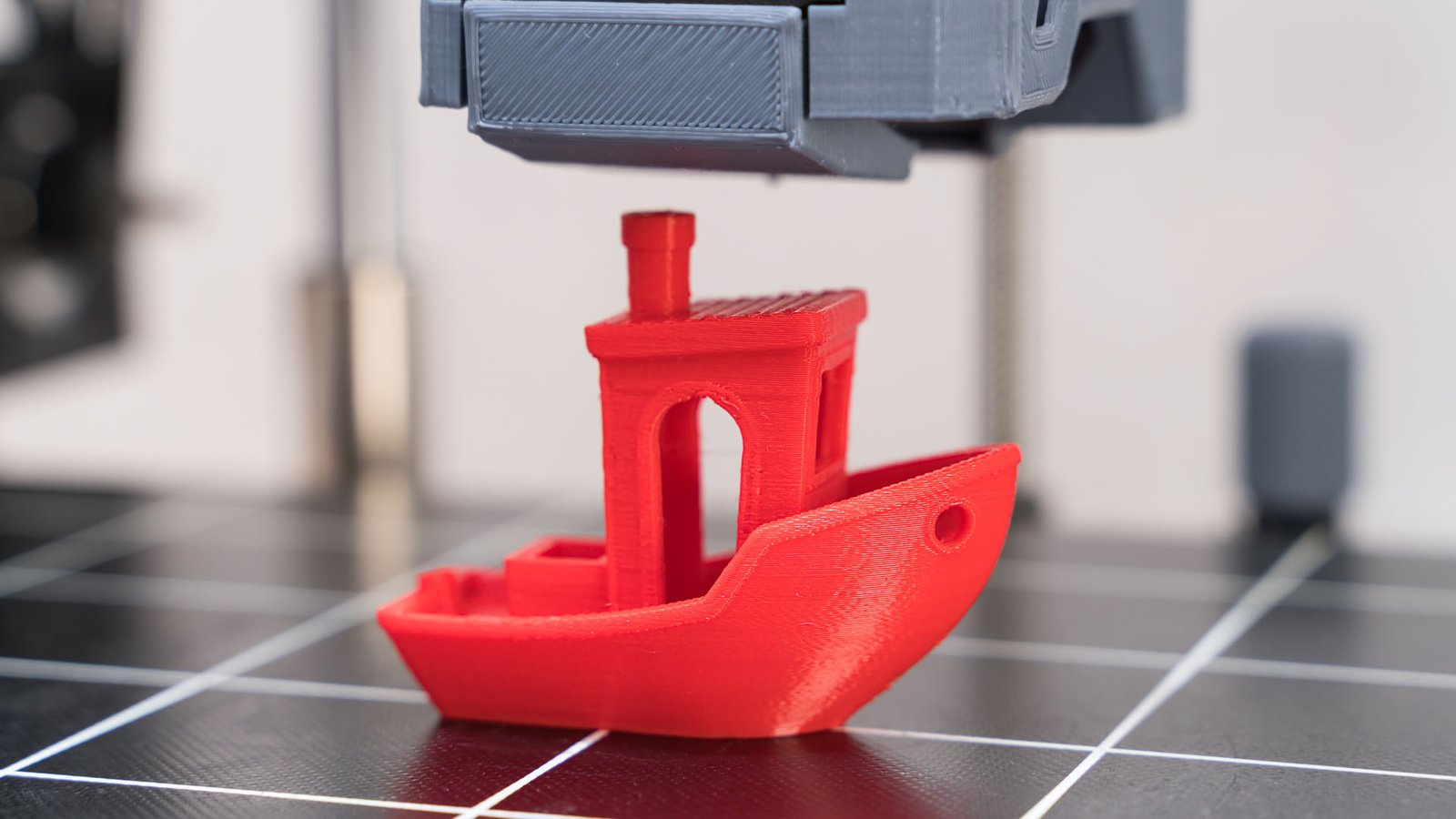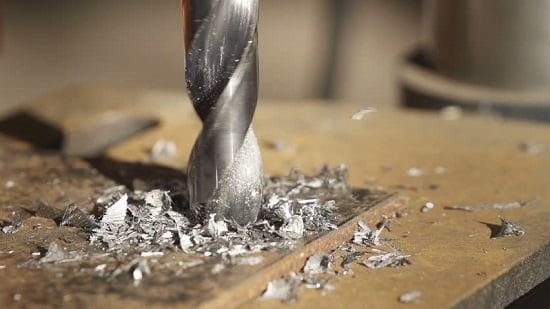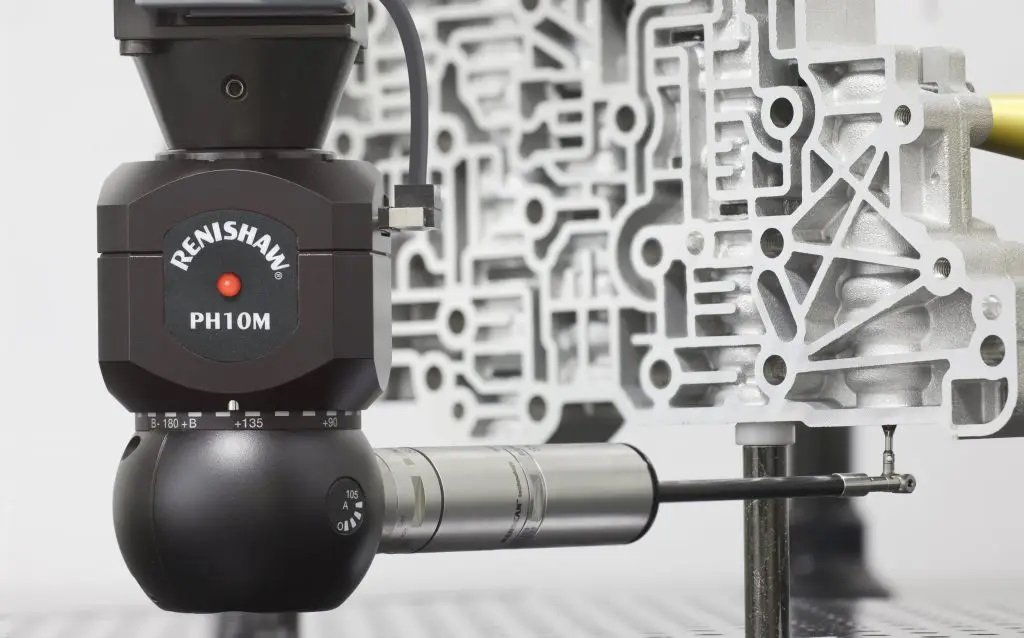Advantages and disadvantages of CMM 3D measuring devices
Advantages of Coordinate Measuring Machines (CMMs):
Accurate and Correct Measurements
CMMs have high accuracy and precision in dimensional measurements. They can record and analyze data with sub-micron accuracy, ensuring the quality and conformity of parts and products.
Versatility
CMMs can measure a wide range of objects, from small complex components to large-scale parts. They can handle different shapes, surfaces, and materials, making them suitable for various industries and applications.
Repeatable and Reproducible Results
CMMs provide consistent and repeatable measurement results, reducing human errors and variations. This enables reliable quality control and ensures consistency in manufacturing processes.
Efficiency and Time Saving
CMMs automate the measurement process, allowing for quicker and more efficient inspections compared to manual measurement methods. They can simultaneously record multiple measurement points and perform complex calculations quickly.
Visualization and Data Analysis
CMMs produce comprehensive measurement data that can be visualized in two or three-dimensional displays, such as point clouds or CAD models. These data can be analyzed against design specifications and used for statistical analysis and process optimization.
Non-Destructive Measurement
CMMs offer non-contact measurement options like laser scanners, which can record surface data without physically touching the object. This eliminates the risk of damaging delicate or sensitive surfaces during measurement.
Disadvantages of Coordinate Measuring Machines (CMMs):
Cost
Acquiring and maintaining CMMs can be expensive, especially for larger and more advanced models. They require initial investment, regular calibration, software updates, and ongoing maintenance to ensure precise and reliable operation.
Space and Infrastructure Requirements
CMMs, particularly larger models, need dedicated space in a controlled environment for effective operation. Appropriate infrastructure, such as stable flooring, temperature control, and vibration isolation, may be necessary for optimal performance.
Learning Skills and Expertise
Operating CMMs and interpreting measurement data may require specialized training and expertise. The software used for programming and analyzing measurements can be complex and require skilled operators or programmers.
Limitations in Complex Geometry
CMMs might face challenges in measuring complex geometries with deep curvatures, internal features, or hidden surfaces. Accessing and measuring such features may require additional equipment, probes, or alternative measurement techniques.
Operational Speed and Capacity
While CMMs provide precise measurements, the overall measurement process can be slower compared to some non-contact measuring methods or other inspection techniques. This can impact operational capability and productivity in some high-volume production environments.
It’s important to weigh these advantages and disadvantages considering specific requirements, budget, and application needs when deciding on the use of a coordinate measuring machine for a particular inspection or measurement task.
Latest Articles in your inbox
Subscribe to our newsletter to get the newest manufacturing and industrial services articles in your inbox once a week.


